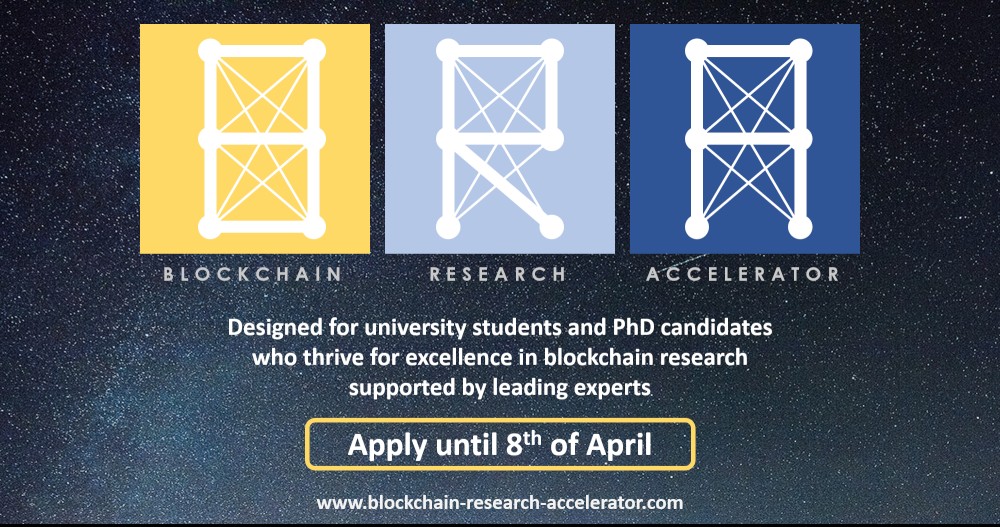Information & Communication Technology“People first” – The users are the main focus when developing ICT solutions.
Digital technologies and related applications are changing the structures within which projects are operating. They open up new opportunities for implementation, both methodologically and sectorally, and enable efficiency as well as improved transparency, accountability and cooperation.
For example, small farmers in Africa can use mobile apps to find out in real time which plant diseases threaten their harvests or on which market they can obtain the best prices for their products. In Bangladesh, pregnant women are automatically reminded of their next precautionary appointments. And in many developing countries you can now pay with the mobile phone and receive cashless payments
Luvent Consulting helps governments and development cooperation with digital transformation. Together with our client we identify innovative applications and develop innovative formats for public institutions.
blockchain technology for developing countries
Governmnet services
Anti-corruption
Land titles
Electoral processes
Identity services
Aid and development
Blockchain technology is a new disruptive technology that has huge potential to transform development. Blockchains are fraud resistant, distributed data structures in which transactions are logged in sequently, traceable, immutable and mapped without a central instance.
Luvent Consulting implements new promising blockchain projects and support governments with capacity building actives.
A core set of technologies have emerged that have great potential to improve development programs:
Mobile devices
Cloud computing
Digital services
Smart systems
Satellites & UAVs
Internet of Things
Connectivity
Social media
3D printing
Smartphones are now widely used around the world. Specifically in developing countries their number increases continuously and rapidly. Mobile apps have become a comfortable, affordable and effective way to communicate different information to target groups and provide them with a large number of important services. Luvent Consulting helps organisation to build modern and state-of-the-art mobile apps for all platforms. As specialist in development sector we understand and address restrictions in different parts in the world. Our approach allows innovative solutions that can also be implemented with simple mobile phones that have for instance only text messaging function (e.g. money transfer or citizen surveys by SMS).
Mobile traffic, Sub-Saharan Africa (monthly PetaBytes)
- Voice
- Data
Mobile subscriptions by device, Sub-Saharan Africa (million)
- Basic phones
- Smartphones
- Mobile PCs, tablets
Mobile devices are one of the most transformative technologies of our time. They end isolation, amplify the voices of the disadvantaged, and provide a means for individuals to influence the systems and structures that govern their lives. It increasingly allows poor people to access information and services that enable them to improve their livelihoods and quality of life.
Mobile broadband is the preferred way to access the internet in developing countries and mobile data traffic continues its steady growth. With the increasing spread of LTE, this trend is expected to continue. It is projected that between 2015 and 2021, mobile data traffic will grow 15 times in Sub-Saharan Africa.
Total mobile subscription penetration in Sub-Saharan Africa is estimated to be around 80 percent in 2015. Five years ago, mobile penetration was just above 50 percent. By 2021, it is expected to reach 100 percent in the region. Rising urbanization levels, as well as growing investment in rural network coverage by mobile operators will drive this growth.
challenges developing countries have to face in ICT
- Affordable Access – ICT solutions are not everywhere available and barriers to affordable access exists
- Regulatory Environment – Regulatory environment greatly influences affordability, availability and adoption
- Gender Equity – ICT initiatives generally fail to take gender-specific barriers to ICT access and use into consideration. Women’s access to ICT is the third most important development issue for women globally after poverty and violence against women.
- Sustainable Business Models – ICT solutions needs to take financial sustainability of their maintenance and further development into consideration.
- Behaviour Change – ICT solutions change the way people work and interact. Those changes must be addressed and managed
- Capacity Building – The need to develop capacity to adapt, deploy, operate, maintain and use ICT solutions varies by the maturity of the technology involved. It also varies between rural and urban areas.
- Privacy and Security – Challenges regarding regulatory compliance, data protection and security become more complex as the use of internet technology grows.
start-up methods meet international development
Luvent Consulting has first-hand experience in developing ICT solutions and work with innovative start-up methods:
- Agile lean start-up-processes
- User focused design thinking
- Rapidness and flexibility
With our developing sector background we understand the needs and demands of public intuitions:
To be effective, solutions must be relevant to the local context in which they will be used – taking into consideration the users’ language, literacy, cultural norms, disabilities, media usage behaviour, access to ICT.
The need to build local capacity within each country cannot be overemphasized. We try to build sponsorship among those who have the power to accelerate or impede progress. We engage users in adapting the solution for their use by providing information, training and support they need.
A combination of new and old ICT is often more promising and inclusive. Different media/ICT are carefully selected for different user groups.
Participatory methods increasingly play a role in the developing processes. We believe that the result of the product gets better with more users that gets involved. Processes such as co-creation, design thinking or scrum build on participation.
We track and report project indicators for continues improvements and as basis for future projects.
Our service and maintenance support stays also after project termination available.
examples
- Provide advice on suitable crop varieties and types, given plot size and characteristics, soil conditions, weather patterns, available water sources, disease and pest patterns, market preferences and family nutritional needs.
- Optimal times to plant, fertilize, weed and harvest
- Recommendations for soil and water improvement
- Techniques to maximize crop yields and sustain natural resources
- Quantity, cost and availability of seeds, fertilizers, agro-chemicals, labor and tools
- Available sources of finance and crop insurance
- Early warning of adverse weather conditions, disease and pest infestations
- Projected crop yields, how much to retain (for food and seed) and how much to sell
- Location and costs of available storage facilities, transportation and current markets prices
- Anticipated income and profits
- Accurate records of farm land rights
- Information needed by supply chain actors so that goods can be purchased, transported and sold.
- Weather information
- Advisory services and distance learning programs both help farmers to improve their livelihoods and allow governments to build extension agents’
- Assist people in identifying and securing employment opportunities
- Providing citizen services through e-government
- Provide businesses and entrepreneurs with market information to improve their profitability, facilitate their market transactions and to reduce costs
- Telemedicine solutions offer numerous opportunities to improve medical care even in rural areas. Analysis can be carried out from distance.
- Governments monitor health service delivery
- Hospitals and clinics manage patient records, stock levels and health care delivery
- Provide information through distance learning programs
Mobile technology proved to be extremely useful during the 2014-2015 Ebola crisis that afflicted parts of West Africa. In order to combat the spread of the disease, volunteer doctors collaborated with government agencies to set up helplines and social media accounts which informed and provided response on Ebola risks.
Allow governments to build teacher capacity through providing online teacher training and to monitor learning results and reduce the cost of public education services.
- E-learning programs
- E-books and journals
- Online certification programs
- Online competitions
- Energy usage monitoring
- Water pathogen detection
- Infrastructure fault reporting applications
- Educate consumers and businesses on responsible water, sanitation, and energy management practices
- Weather prediction models are developed, water resources are collected, planned, managed and secured for the people.
- Analyse trends and make projections about population growth, migration patterns, urbanization and commerce.
- Intelligent electricity networks
- More environmentally friendly production processes
- “Smart Cities” use millions of sensors and various communication channels to efficiently route traffic flows, thus reducing the emission of greenhouse gases.
- Provide early warning
- Information broadcasts
- People locator
- Electronic vouchers
- Virtual services make relief operations safer and more accessible
- Citizens are informed about existing political participation opportunities
- Governments have new ways to support their citizens with cost effective electronic services that are more convenient, safer and less prone to fraud:
- payment of taxes
- salary payments for government employees
- recording births
- accessing medical records and services
- recording sale of land
our services
- Promote development of digital solutions in developing countries and promote innovation centres
- Establish cooperation between innovative international start-ups and the business sector of developing countries in the field of digital applications and technologies
- Identify innovative digital approaches, develop tailored conceptions and implement IT solutions
- Give technical advice on the conceptual development of approaches and strategies for digitalisation
- Offer expert assessment and preparation of opinions on strategies and publications of international organizations
- Implement mobile apps and e-government solutions for all platforms (incl. Windows, iOS, Android, and websites). We implement project as one-stop agency that includes UX strategy & design, security & compliance and hosting & cloud services (when necessary or required).



